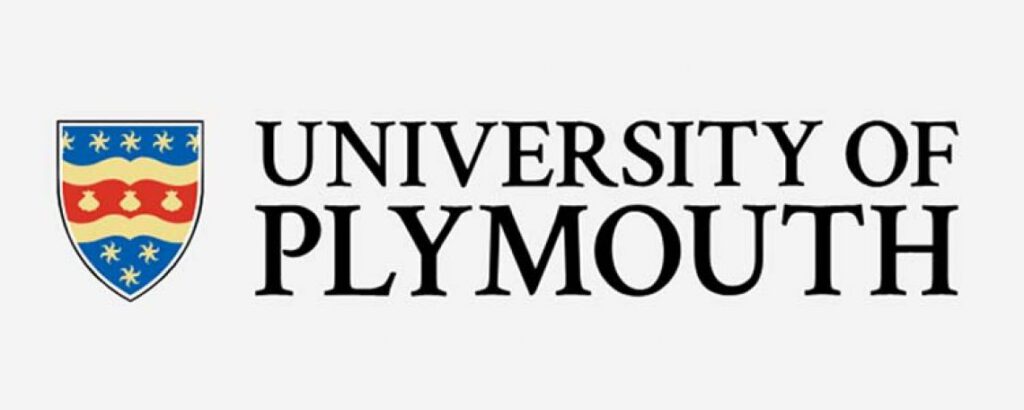Student’s chance discovery wins national photography prize

A student from the University of Plymouth has won a national award for a chance picture he took while on a research trip to Costa Rica.
Alex Edwards, in the third year of a BSc (Hons) Conservation Biology degree, spent five months in the country as part of research for his dissertation.
He was trying to find amphibians and reptiles, when he came across a powdered glass frog (Teratohyla pulverata) perched on a leaf in the rainforest.
He was able to very quickly take a couple of pictures of the frog looking directly towards him, before it disappeared back into the undergrowth.
The striking picture has now won the student section of the Up Close and Personal category in the British Ecological Society’s annual photography competition, Capturing Ecology.
Alex said:
“I have been passionate about photography for a long time and it was great to see one of my photos selected for the competition. I was then even more delighted to find out that I had won the category. It was fantastic to see the frog in its natural environment but I only managed to get about two photos before it disappeared. Needless to say, it instantly became one of my favourite photos from the trip.”
The 22-year-old, who hails from near Bristol, was encouraged to enter the competition by Lecturer in Conservation Biology Dr Robert Puschendorf, who has been conducted research in Costa Rica for several years.
In 2015, he was part of a team of researchers who published a paper identifying the first new species of glass frog to be discovered in the country since 1973.
As reward for winning the competition, Alex’s image will be exhibited at the Society’s annual conference in Birmingham in December, and then displayed at a free public exhibition in London, running from 21–27 January 2019.
Professor Richard Bardgett, President of the British Ecological Society, commented:
“The high standard of submissions this year made selecting winners a big challenge. Some entries captured fleeting and intimate insights into animals’ lives, which requires technical prowess and patience to achieve. We congratulate all winners and thank all the participants for their submissions.”











Responses